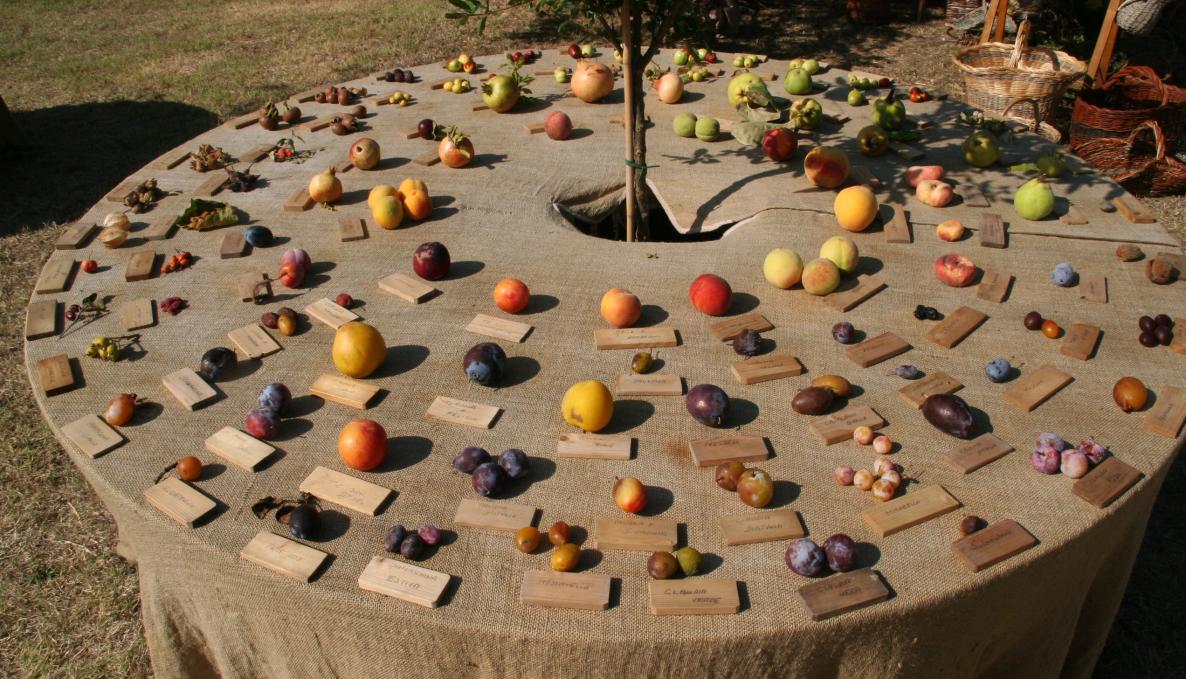Genetics Lab

The main activities of the laboratory fall in two interconnected macro-areas dealing with the genomic and transcriptomic aspects of corps’ diversity, respectively. The genomics and transcriptomics areas of research focus on common set of agronomic resources and model species, such as maize, wheat, wild progenitors of wheat (T. urartu), grape, Brachypodium and orphan crops (E. teff, A. donax, A. plinii). The Genetics Lab keeps a multidisciplinary attitude, promoting the permeability of methods and results. The laboratory is equipped with molecular biology facilities and with a growing computational and storage IT cluster to conduct integrated approaches including structural and functional genomics, transcriptomics and epigenomics analyses. The Genetics Lab activities can be divided as follows:
Genomics
-
Population genetics aimed at the identification and characterization of untapped reservoirs of allelic diversity
-
Genome-wide association studies (GWAS) to identify alleles of breeding value in diversity panels and landraces collections, with focus on agronomic traits and pathogen resistance traits
-
Quantitative trait loci (QTL) mapping through the establishment and analysis of MAGIC and NAM multiparental populations. Use of genomics and transcriptomics data to inform QTL mapping
-
Identification of adaptive traits relevant to crop breeding with Landscape Genomics approaches identifying statistical associations between pedoclimatic variables and natural populations’ genetic diversity
-
Exploration and characterization of the interaction between crops’ genetic diversity and socioeconomic aspects of smallholder farming communities
Transcriptomics
-
Structural and functional identification and characterization of noncoding RNAs relevant to leaf growth and leaf development to better understand the complex regulatory processes activated in response of abiotic stresses (drought - submergence) and optimal conditions
-
Characterization of the genetic systems controlling sexual plant reproduction through the characterization of mutants and genes involved in the development and function of male gametophytes and floral structures
-
Genetic and molecular analysis of heterosis with a focus on the noncoding genome component
-
Production and analysis of high-throughput sequencing data applied to orphan crops to accelerate breeding strategies
-
Characterization of nutraceutical properties of Sangiovese grape miRNAs on cardiovascular diseases
